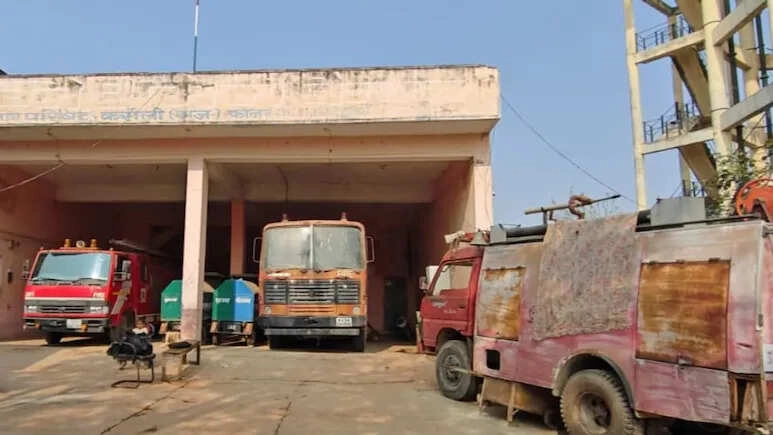Iran has recently suggested the possibility of a truce, indicating that its armed forces have demonstrated resilience and commitment by fighting until the “very last minute.” This statement comes amidst ongoing tensions and conflicts in the region, which have drawn international attention and concern. The Iranian government appears to be signaling a willingness to explore diplomatic avenues that could lead to a cessation of hostilities, highlighting the complexities of the situation.
The phrase “fought till the very last minute” underscores the determination of the Iranian military to defend national interests, reflecting a narrative of strength and perseverance in the face of adversity. This sentiment resonates deeply within the context of Iran’s regional ambitions and its efforts to maintain a stronghold in the geopolitical landscape. The notion of a truce, while cautiously optimistic, suggests a strategic recalibration on Iran’s part, potentially influenced by external pressures or internal considerations regarding the costs of ongoing conflicts.
As discussions of a truce gain traction, the implications for regional stability are significant. A ceasefire could pave the way for negotiations aimed at addressing the underlying issues fueling the hostilities, including territorial disputes, political rivalries, and economic sanctions. However, for such a truce to be effective, it would require the cooperation and trust of multiple stakeholders involved in the conflict. Observers are keenly watching how this potential shift in Iran’s stance might affect its relationships with neighboring countries and global powers, as well as its long-term strategic objectives.
Ultimately, the Iranian hint at a truce represents a critical moment in the ongoing saga of conflict in the region. It opens the door for potential dialogue and negotiations that could lead to a more peaceful coexistence. However, the path to achieving lasting peace remains fraught with challenges, as historical grievances and mutual distrust continue to complicate the landscape. The international community must remain vigilant and proactive in facilitating discussions that could help transform this moment of potential into a sustainable resolution.




